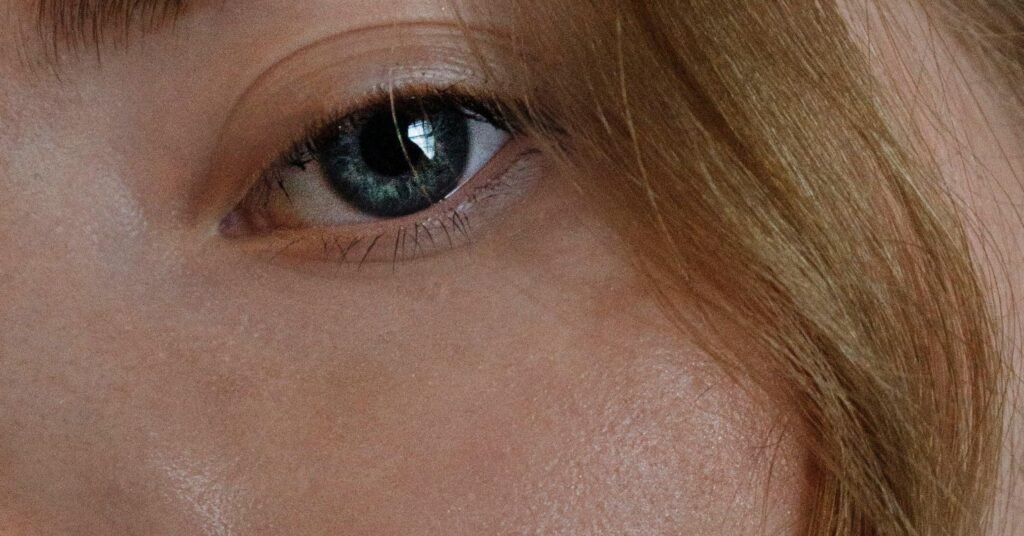Walking through the bustling streets of her hometown, seventeen-year-old Marina found herself surrounded by her peers who exuded confidence as they prepared for the new school year. However, instead of feeling empowered by the energy around her, Marina was consumed by self-doubt and comparison.
Struggling with body image issues, Marina constantly found herself comparing her appearance to that of others, particularly focusing on their stomachs. Research suggests that many women engage in this type of body comparison, leading to feelings of inadequacy and a desire for validation from external sources.
These comparisons not only negatively impact body image but also contribute to seeking approval from others, both in person and on social media. Studies show that individuals who engage in body comparisons tend to focus on those they perceive as more attractive, leading to increased body dissatisfaction and potential disordered eating behaviors.
Marina often found herself at the bottom of a perceived hierarchy between her current appearance and her desired look, fueling her unhappiness and desire to lose weight. This constant comparison took a toll on her mental health and self-esteem over time.
Research indicates that individuals who are dissatisfied with their bodies are more likely to engage in upward comparisons, which can result in heightened negative emotions and a stronger drive to change their appearance through diet or exercise.
To combat these harmful comparisons, young women like Marina can benefit from cognitive behavioral therapy techniques. One effective strategy involves redirecting attention away from appearance comparisons and focusing on alternative aspects, such as analyzing people’s choice in shoes and creating stories about them.
In addition to these strategies, mirror therapy, self-compassion practices, and cognitive behavioral therapy can help individuals challenge negative body thoughts and cultivate a more positive self-image. Prevention programs that promote body functionality, acceptance, and critical thinking about societal beauty standards can also be beneficial.
For Marina, the journey towards self-acceptance was a gradual process. By shifting her focus from appearance comparisons to appreciating her unique qualities and telling shoe stories, she was able to break free from the grip of constant comparison and reclaim her sense of self.
Overall, it’s essential for individuals to recognize the harmful effects of body comparisons and take proactive steps to cultivate self-love and acceptance. By implementing evidence-based strategies and fostering a positive mindset, individuals can overcome the damaging cycle of comparison and embrace their true selves.

